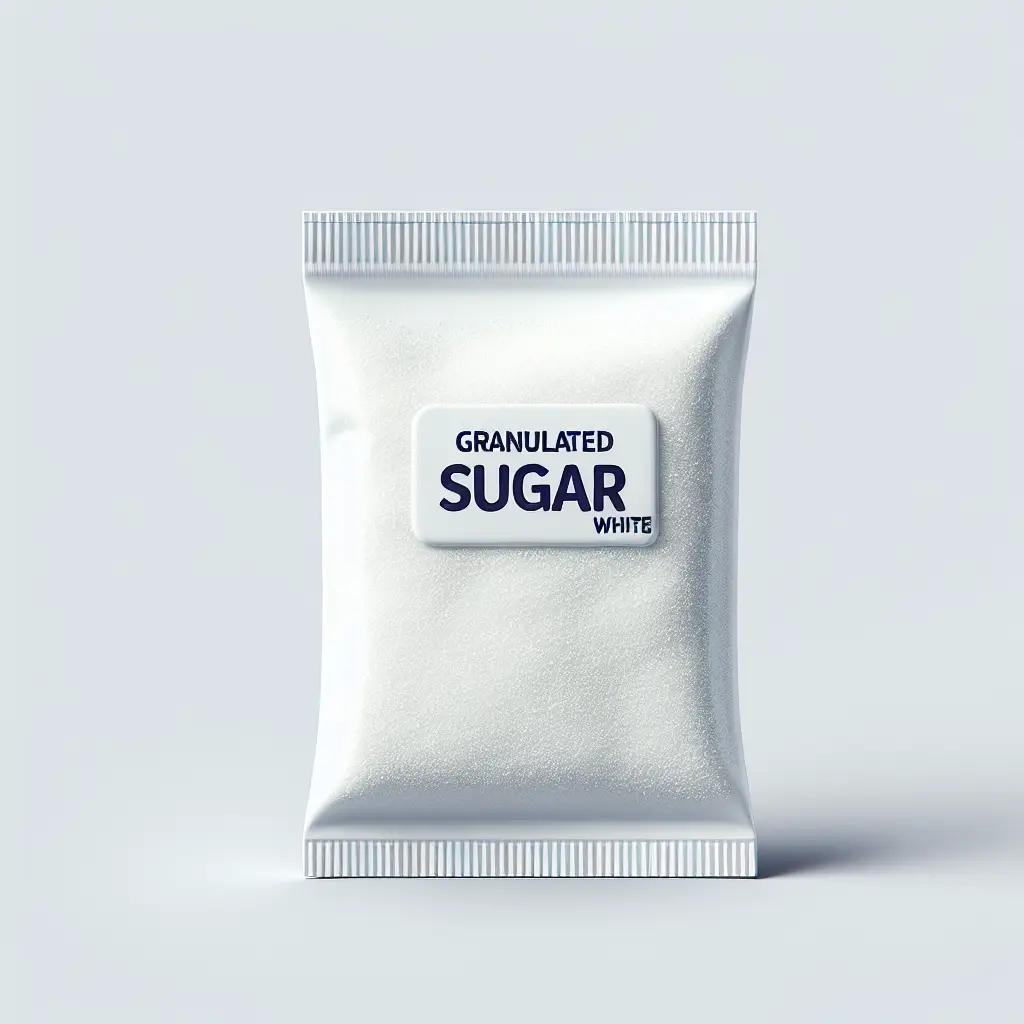What is White Granulated Sugar?
White granulated sugar is a common ingredient in many foods and drinks. It is made from sugarcane or sugar beets and is processed to remove impurities. White sugar is a simple carbohydrate that provides energy but has no nutritional value. It is often added to foods to enhance their flavor and texture.
How is White Granulated Sugar Made?
White granulated sugar is made from sugarcane or sugar beets. The sugarcane is harvested and crushed to extract the juice. The juice is then boiled to evaporate the water and crystallize the sugar. The crystals are then centrifuged to remove the molasses and impurities. The resulting white sugar is then dried and packaged.
What are the Different Types of White Granulated Sugar?
There are two main types of white granulated sugar:
- Refined sugar: This is the most common type of white sugar. It is made from sugarcane or sugar beets that have been refined to remove all of the molasses and impurities. Refined sugar is very white and has a fine texture.
- Unrefined sugar: This type of sugar is made from sugarcane or sugar beets that have not been refined. It contains some of the molasses and impurities, which gives it a slightly brown color and a coarser texture. Unrefined sugar is also known as turbinado sugar or raw sugar.
What are the Health Effects of White Granulated Sugar?
White granulated sugar is a high-calorie food that has no nutritional value. Eating too much sugar can lead to weight gain, tooth decay, and other health problems.
- Weight gain: Sugar is a high-calorie food that can contribute to weight gain if it is consumed in excess.
- Tooth decay: Sugar can feed the bacteria in your mouth, which can lead to tooth decay.
- Other health problems: Eating too much sugar can also increase your risk of developing other health problems, such as heart disease, stroke, and type 2 diabetes.
How to Reduce Your Sugar Intake
If you are concerned about the health effects of sugar, there are a few things you can do to reduce your intake:
- Read food labels carefully: Pay attention to the amount of sugar in the foods and drinks you eat and drink. Choose foods that are low in sugar or contain no sugar at all.
- Limit sugary drinks: Sugary drinks, such as soda, juice, and sports drinks, are a major source of added sugar in the diet. Limit your intake of these drinks to reduce your sugar intake.
- Choose healthy snacks: Instead of reaching for sugary snacks, choose healthy snacks, such as fruits, vegetables, or nuts.
- Make your own food: Cooking your own food gives you more control over the ingredients and allows you to limit the amount of sugar you add to your meals.
Conclusion
White granulated sugar is a common ingredient in many foods and drinks. It is made from sugarcane or sugar beets and is processed to remove impurities. White sugar is a simple carbohydrate that provides energy but has no nutritional value. It is often added to foods to enhance their flavor and texture. However, eating too much sugar can lead to weight gain, tooth decay, and other health problems. If you are concerned about the health effects of sugar, there are a few things you can do to reduce your intake.
How many calories are in White Granulated Sugar?
Each 1 serving packet of White Granulated Sugar contains 11 calories.
White Granulated Sugar Nutritional Information
| Nutrient | Amount per 1 serving packet (2.8g) |
|---|---|
| Calories | 11 Calories |
| Protein | 0g |
| Fat | 0g |
| Saturated Fat | 0g |
| Cholesterol | 0mg |
| Carbohydrates | 2.8g |
| Dietary Fiber | 0g |
| Sugar | 2.8g |
| Sodium | 0mg |
| Potassium | 0.0001mg |
| Calcium | 0mg |
| Iron | 0mg |
